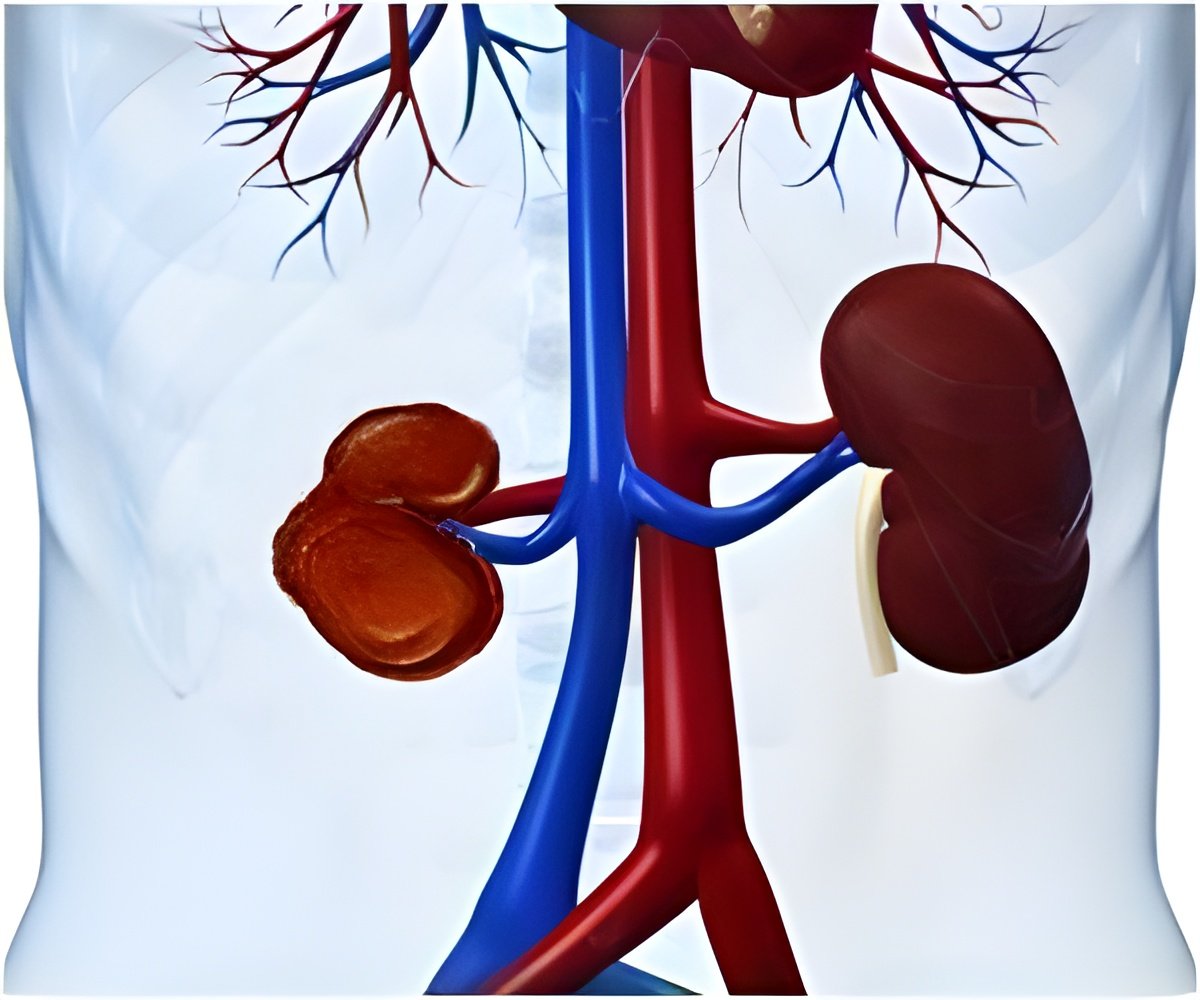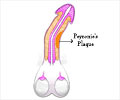Scientists have identified an association between nephrectomy - complete kidney removal and erectile dysfunction.

The retrospective study evaluated two cohorts of men, totaling 432 patients, who underwent surgery for renal cell carcinoma. One group underwent complete removal of the kidney while the other had kidney-sparing surgery. Sexual function was accessed pre- and post-operatively with a sexual health questionnaire known as the International Index of Erectile Function.
"What we are seeing is a dramatic yet delayed effect. Approximately six years after surgery, patients who had a total nephrectomy were 3.5 times more likely to develop erectile dysfunction compared to those who had kidney reconstruction," said Derweesh.
"The primary argument for kidney-sparing surgery over total kidney removal has been to preserve the kidney filtration function. However, we are also beginning to understand that total kidney removal may also increase the risk of metabolic diseases and significantly decrease quality of life," said lead author Ryan Kopp, MD, chief resident, Division of Urology, UC San Diego School of Medicine.
Derweesh added that this is the latest in a series of studies that point to the wisdom of saving the kidney in appropriate patients. Prior research led by Derweesh also shows that partial nephrectomy can reduce the risk of osteoporosis and chronic kidney insufficiency which can lead to cardiac events and metabolic disturbances. Further investigation is needed to prevent erectile dysfunction in patients and to predict its potential occurrence.
Source-Eurekalert















